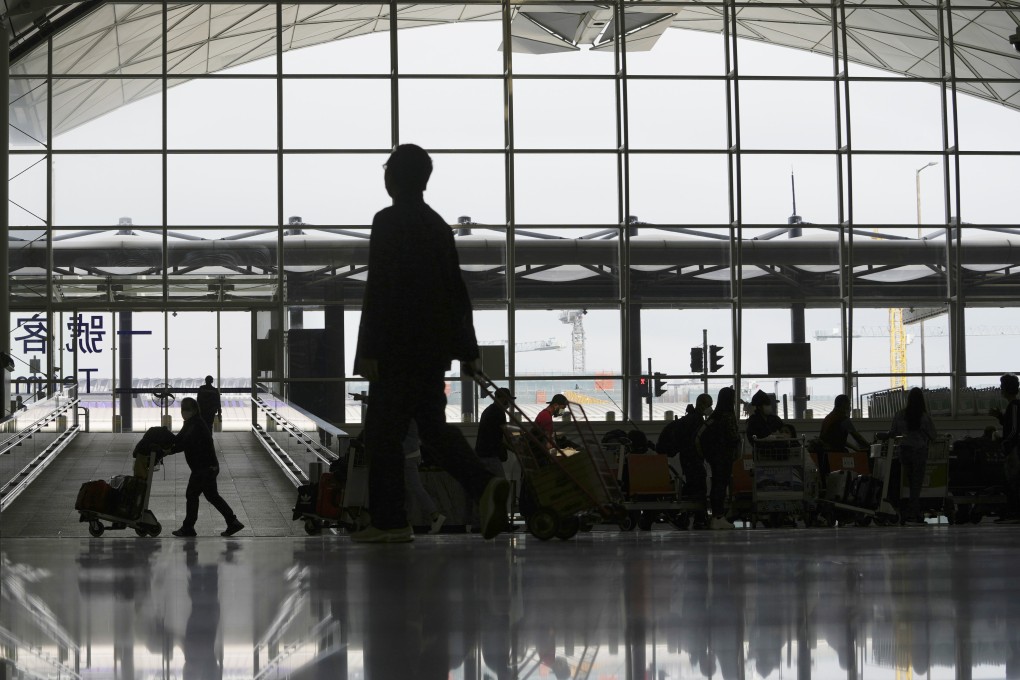Advertisement
Coronavirus: Singapore’s Scoot stops flights to Hong Kong for two weeks; Malaysia mulls reopening in second quarter
- Scoot has stopped accepting bookings to Hong Kong until March 7, signalling it is the latest airline to be banned from flying to the city for two weeks
- Elsewhere, Malaysia mulls reopening in the second quarter, a Japanese poll finds high dissatisfaction with the booster roll-out, while NZ aims to lift mandates after the Omicron peak passes
Reading Time:4 minutes
Why you can trust SCMP

Singapore Airlines’ budget carrier Scoot has stopped accepting bookings to Hong Kong until March 7, signalling it is the latest airline to be banned from flying to the city for two weeks.
The move severs one of the last air links between the Asian financial hubs, with a February 22 service by Cathay Pacific’s HK Express unit the sole flight from Singapore to Hong Kong remaining this month. The route was one of the busiest in the world before the pandemic hit.
Bookings for flights from Singapore to Hong Kong were unavailable until March 7, Scoot’s website showed. Scoot was operating a daily service.
Advertisement
The ban comes after Hong Kong authorities blocked Singapore Airlines from flying to the city for two weeks from February 16 after too many passengers tested positive for Covid-19 upon arrival.
Hong Kong has become increasingly cut off from the world as it tries to gain control of its worst Covid-19 outbreak since the pandemic started.
Advertisement
Representatives for Scoot and the Hong Kong government didn’t immediately respond to requests for comment.
Advertisement
Select Voice
Select Speed
1.00x